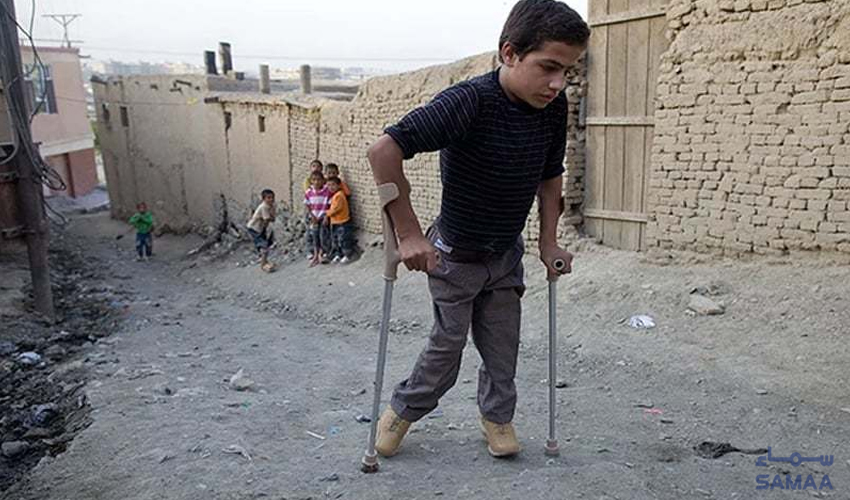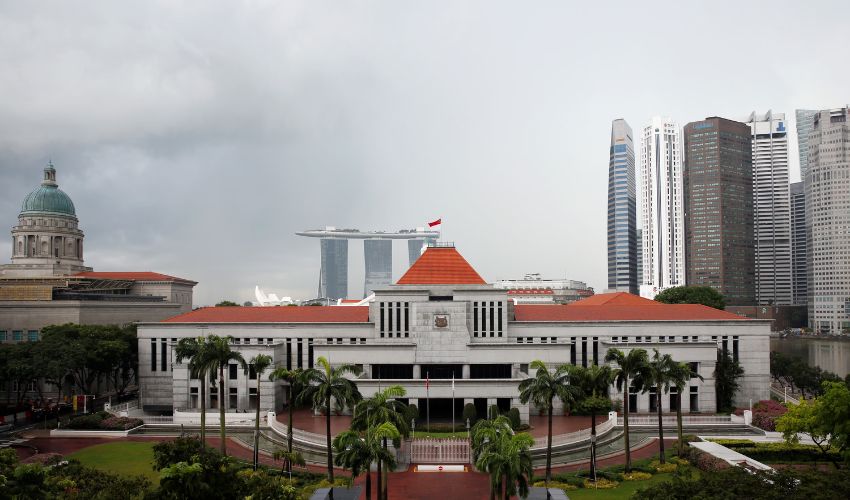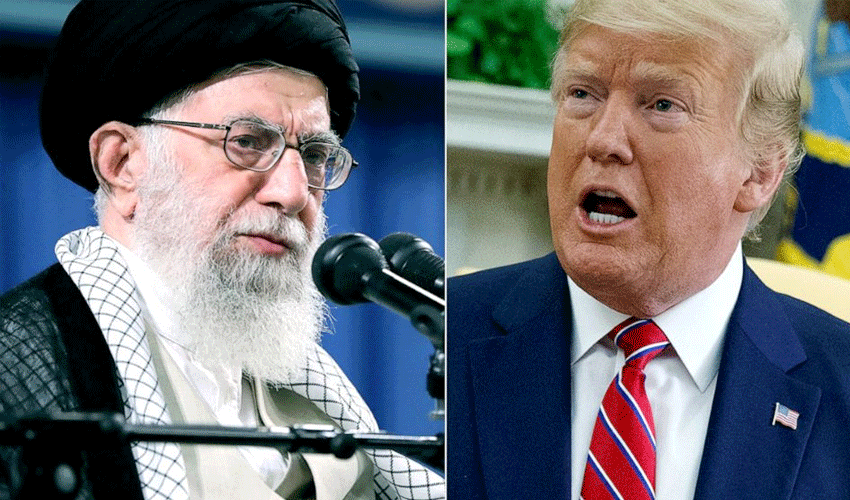The Taliban administration in Afghanistan has suspended the door-to-door polio vaccination campaign, raising alarm among health officials and international organizations. The World Health Organization (WHO) has expressed serious concerns over this decision, warning of potential consequences for public health.
According to WHO reports, Afghanistan has confirmed 18 polio cases this year, marking a 6% increase compared to 2023. This surge in cases highlights the ongoing challenge of eradicating the disease in the country.
The United Nations has described the suspension of the vaccination drive as a "devastating setback." Health experts worry that this decision could have far-reaching implications, not only for Afghanistan but also for neighboring countries.
Pakistan, which shares a border with Afghanistan, has already faced challenges due to the spread of the poliovirus through Afghan refugees. This interconnected health risk underscores the importance of coordinated efforts in the region to combat the disease.
The Taliban's decision comes at a time when global health initiatives are focused on the complete eradication of polio. The suspension of the vaccination campaign in Afghanistan could potentially hinder these worldwide efforts.
International health organizations and human rights groups are calling for immediate action to address this situation. They emphasize the critical need to resume vaccination efforts to protect children from this debilitating disease.
The polio vaccination campaign's suspension is seen as part of broader challenges facing Afghanistan's healthcare system since the Taliban took control. As the situation develops, health officials continue to monitor the impact on public health in the country and the surrounding region.



























